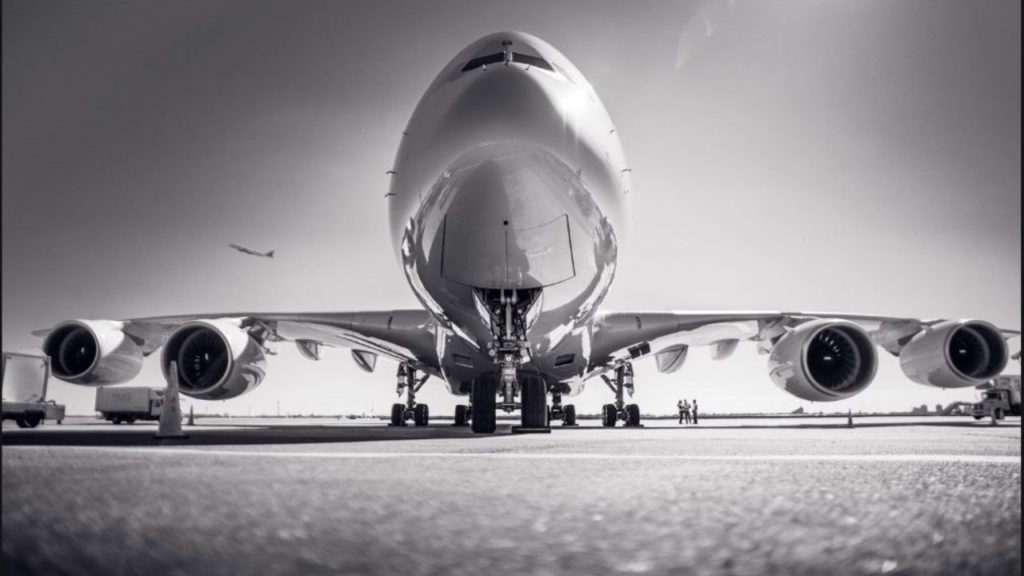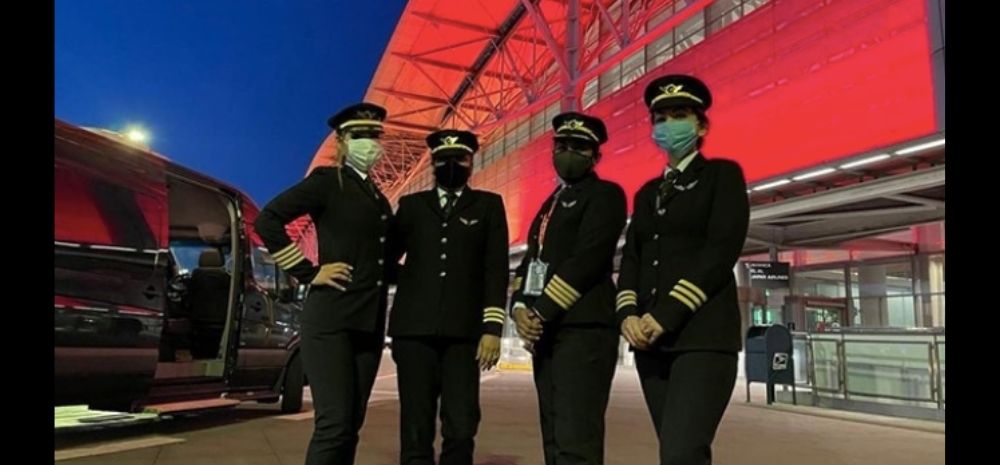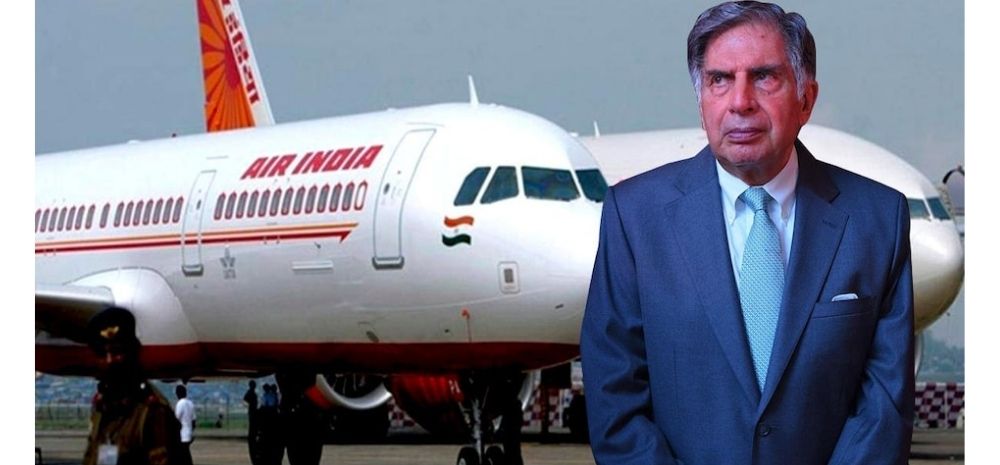Boeing Co.’s chief executive officer believes that it’s a matter of when — not if — self-flying planes will enter commercial aviation.
Military tech commercialized

The planemaker’s autonomous flight technology was initially being developed for military applications but will also debut in commercial aviation aircraft in the future, said Dave Calhoun, CEO.
“Autonomy is going to come to all of the airplanes eventually,” Calhoun said at an event commemorating the final delivery of its iconic 747 jumbo jet in Everett, Washington.
Proof of concept
“The future of autonomy is real for civil aviation,” he said.
Now we have to prove that it can be commercialized.
We hope to prove to ourselves that this kind of technology can come to the marketplace”, said the CEO.
Humans irreplaceable
Flying today’s high-tech passenger jets is often a matter of setting up and overseeing their autopilot and other automated systems.
However, aviation as a whole is still far away from a point where computer systems can fully replace human pilots.
Airbus
Boeing rival Airbus, meanwhile, has been testing a suite of advanced autonomous flight systems it’s calling DragonFly.
DragonFly is designed to enable automatic landings in bad weather, handle in-flight emergencies (like an incapacitated human pilot), and ease pilots’ workload while taxiing around complicated airports.
Xwing
Not just that, there is also a Silicon Valley startup called Xwing which is working on gate-to-gate autonomous cargo flights using modified Cessna Grand Caravans remotely overseen by staffers on the ground.
The startup has made progress, having recently landed a contract to work alongside the Federal Aviation Administration (FAA), NASA and others to research the best ways to integrate autonomous aircraft into complex airspace.
Reducing role of pilots
It’s important to note that this nascent technology isn’t actually going to operate without human intervention.
It’s simply that increased automation could lead to relaxation of the two pilot-rule for commercial flights.
Pushback
However there is resistance from pilots, not only over safety fears but also in part because of the potential risk to their livelihoods.
In contradiction, however, others predict that adoption of autonomous flight technology will create new jobs to support such systems.
But there is one key factor to also consider- how many passengers would actually be okay with flying aboard an aircraft with one or no human pilots?
Amazon layoffs to Boeing’s benefit
Boeing is seeking to benefit from layoffs at technology companies to add to its ranks of skilled workers.
“We had 15,000 hires last year. We’ll have another 10,000 this year,” Calhoun said.
One of the biggest companies to conduct layoffs was Amazon, from which “many” of the software engineers will be onboarded at Boeing.













